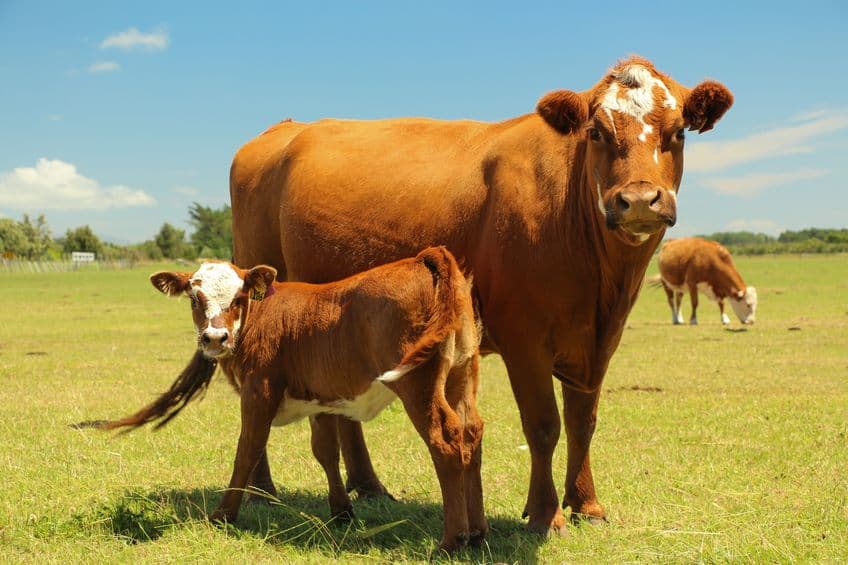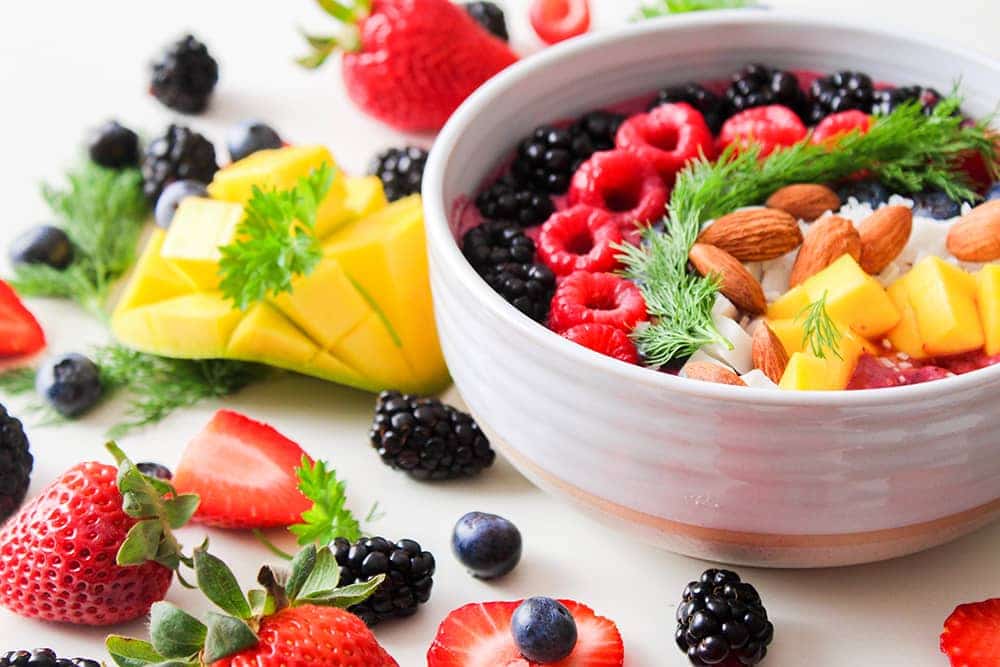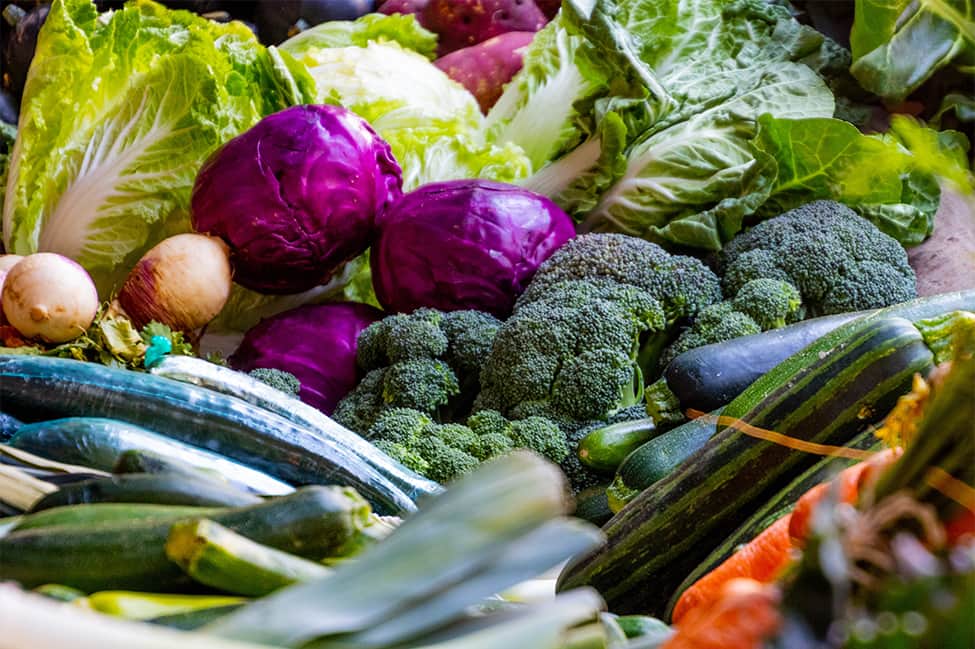There’s a huge push nowadays to eat foods that are free from GMOs (genetically modified organisms) and hormones. Though we’re told that these substances are unhealthy, many of us don’t necessarily understand the true impact they can have on us.
So, we’ve reached out to Jake and Matt Swoish of Swoish Farms in North Branch, Michigan to learn more about the experiences they’ve had with these types of substances. This is what they had to say.
What Changes Have You Seen on the Farm by Switching to Non-GMO?
Years ago, when we were using chemicals that were supported by research, we experienced more health-related issues with our cattle compared to now. Since going non-GMO, our animals are much healthier.
Plus, when we used to plant our cornfields, it was required to plant a non-GMO refuge row next to the GMO rows. The wildlife would always pick the non-GMO crop over the GMO crop. In fact, we had 4 rows of corn one year—all non-GMO rows—that year, the wildlife attacked and we had no yield.
That’s part of the reason we benefit by being both a livestock farm and a cash crop farm. Since feeding our animals non-GMO crops and not just growing crops for sale, we can actually see the differences in the feed that the animals prefer.
What Effect Can Hormones Have?
All of our cattle are hormone and antibiotic free and we see a difference in these animals’ demeanor as a result. For example, years ago, when we used hormones, the cattle were always playing with something, always into something, always running around. They were more restless. Now that we’re hormone and antibiotic free, our cattle are more content.
Does the Soil that Crops Are Grown in Matter? If So, Why?
Absolutely. It all starts with the soil; that’s our foundation. When you don’t have healthy soil, you have nothing. Think about yourself as if you were a crop. Would you want to go lay down in a field and be sprayed with pesticides and herbicides? Probably not.
That’s the same reason we pay so much attention to our soil. Because crops tend to pull in all of the nutrients in the soil—good, bad, and indifferent—we work hard to ensure that our soil has as many healthy nutrients as possible.
In What Ways Are Food Labels Misleading by Making These Items Look Healthy When They May Not Be?
Some food companies attempt to make their products stand out by marketing them as non-GMO, when this isn’t really a differentiator.
Take wheat, for instance. There isn’t any wheat on the market that a farmer plants that is genetically modified. So, if you go into the store and see a wheat bread marked “non-GMO,” that label could actually be placed on any wheat product.
What Can People Do to Make Healthier Food Choices?
Ideally, you want to find someone local who grows the produce you want and buy from them. Anything organic is good.
Also, if you want to know how healthy your fruits and vegetables really are, buy a refractometer. You can get them on Amazon and they’ll tell you the Brix in a plant, which is a measure of its sugar content. The higher the Brix, the higher the food’s quality.
We use it for testing our field crops, but we’ve also tested apples, oranges, and lettuce that we bought at the store. Everything we tested was low in Brix count, which means that all you’re doing is taking in empty calories with little nutritional value. If you eat items with low Brix levels, you have to eat more to get enough nutrition. Your shelf life on lower Brix fruits and vegetables is shorter too.
There is value in keeping foods in their most natural state possible, and we feel quality always goes back to soil health.
If People Buy Direct from a Farmer, What Are Some Questions They Should Ask to Help Identify Whether the Products Are Healthy and Safe?
The biggest thing to ask is about soil health. We believe that soil health is the biggest deciding factor on human health.
What Sets Swoish Farms Apart from Other Farms?
We like to think for ourselves. We, as farmers, need to think about the effects of what is used on our farm. That is where we are different. We do our own research and make up our mind for ourselves– for the best possible soil health, benefiting our animals and our customers.
This is important because we as a society have only been farming with the use of chemicals for the last 65-70 years. So, we don’t fully know the consequences.
All we know is, if you look at all of the issues we have with obesity, mental health issues, and cancer, we don’t want to think that we’ve played a part. That’s why we’re so focused on offering products that are hormone free and don’t contain GMOs.
We are getting back to our roots and doing things that worked for our grandparents. It seems that everything has become so complicated, so we are trying to simplify as much as possible.
God designed everything for a reason. We are trying to use the senses he gave to us to understand His design, and we want to leave the farm in even better shape for the next generation, enabling them to take care of their families and society for years to come.















